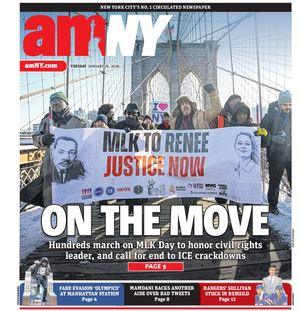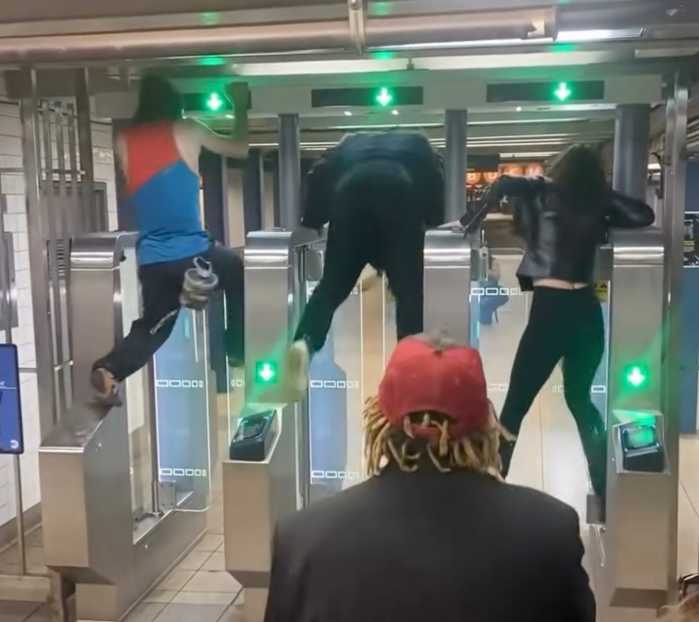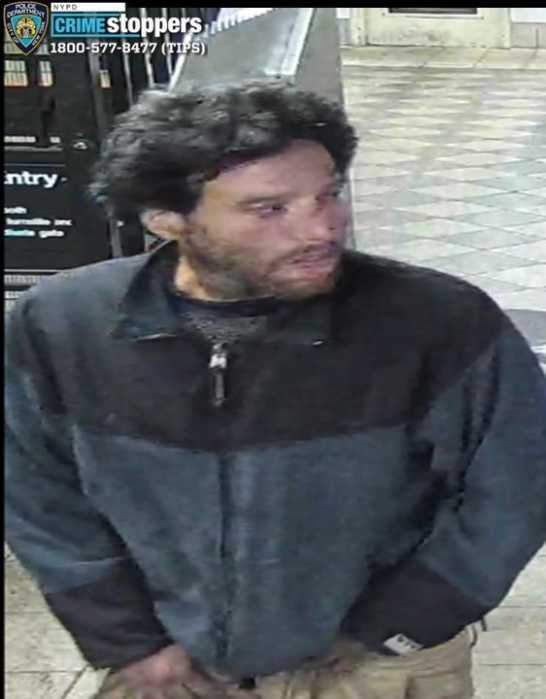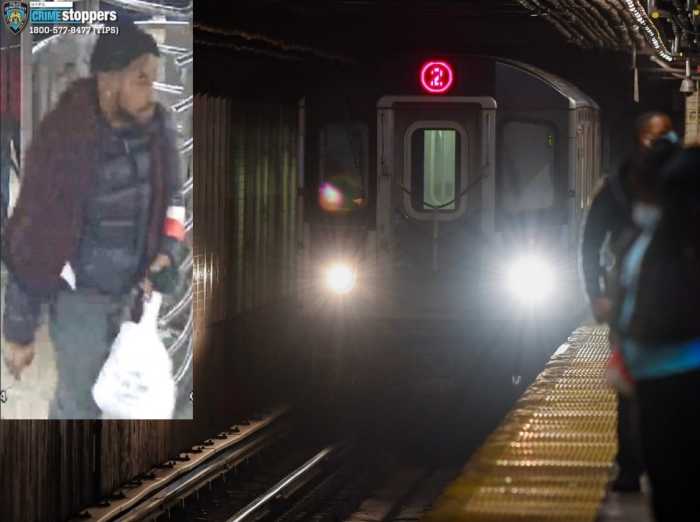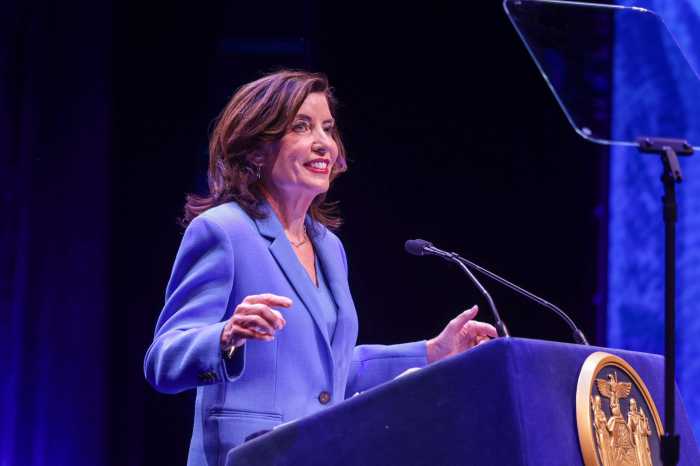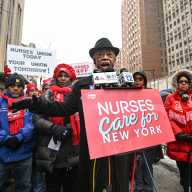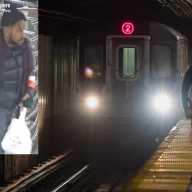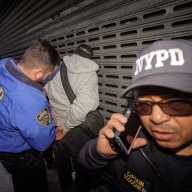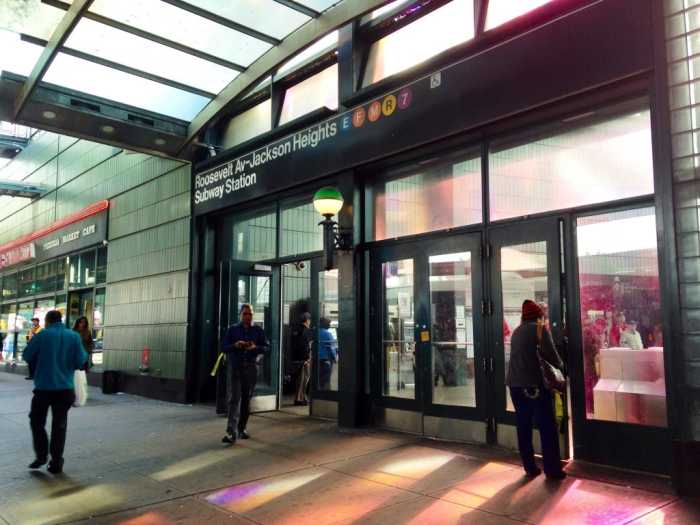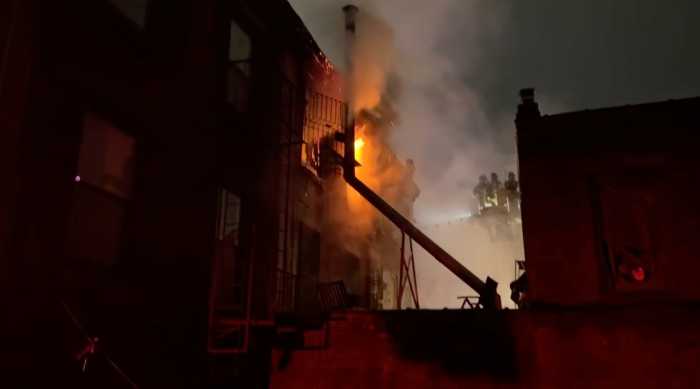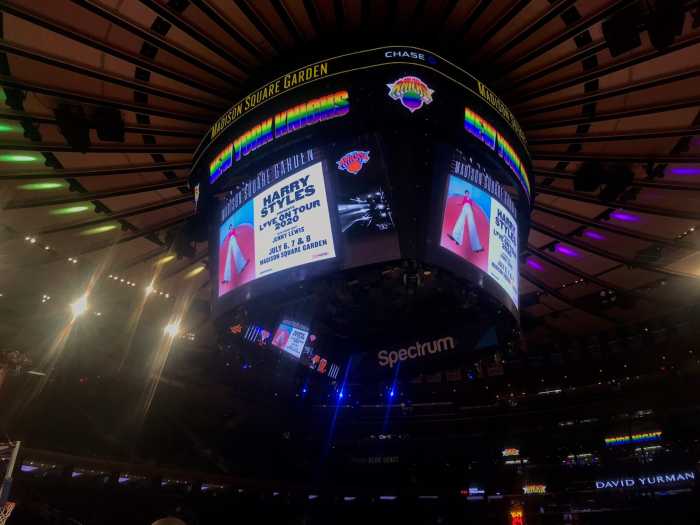Revenue generated by Gov. Andrew Cuomo’s new taxi and for-hire vehicle fees won’t be enough to right the MTA’s funding challenges, according to a new report released Tuesday.
The S&P Global Ratings report puts a damper on the budget Cuomo announced last week, which includes new surcharges for vehicle trips that begin, end in or pass through Manhattan south of 96th Street: $2.50 for yellow taxis; $2.75 for other for-hire vehicles, including Uber and Lyft; and 75 cents for car pool rides.
The policy is expected to bring in $435 million annually for the MTA, with the authority saying that the money would go to sustaining new hires for the Subway Action Plan — its service improvement strategy.
But the debt-laden transit authority will still need to find additional revenue sources, or cut costs, to alleviate operating budget gaps it’s facing in years to come, according to S&P.
“Nevertheless, The MTA likely will still need to achieve additional unidentified savings, a figure that will grow in the out-years, to balance operations if it cannot find additional revenue sources,” wrote credit analyst Paul Dyson in the report.
Sixteen percent of annual MTA spending currently goes toward paying off debt. The authority’s financial troubles could spur, at the least, another fare and toll hike next year. Last November, MTA CFO Robert Foran warned that, if the MTA’s board declines to implement fare hikes planned for 2019 and 2021 and if the agency doesn’t reach its “harder-to-achieve” savings targets, it could be facing a $1.7 billion budget gap by 2021.
Cuomo has described the new surcharges as a victory — the first step toward congestion pricing that would fund the MTA while simultaneously reducing traffic. But after a year of high-profile subway failures, the governor failed to negotiate approval for the robust congestion pricing model outlined by Fix NYC — the panel he had assembled to craft the policy.
The panel recommended instituting new vehicular tolls in the coming years for vehicles passing through the busiest parts of Manhattan, which could have raised more than $1 billion annually for the MTA.
Cuomo’s office referred comment to the state-controlled MTA, which was upbeat about the new fees.
“We are extremely encouraged by the new revenue streams secured for the MTA in the state budget,” said MTA spokesman Jon Weinstein in a statement, “and we will continue to work with our partners in government at all levels to help fund public transit.”
